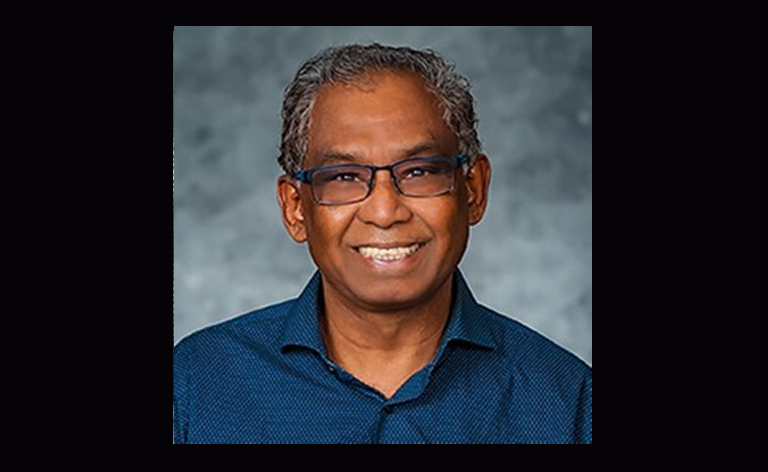I am delighted to take this opportunity to welcome the new United States Ambassador to Guyana, Her Excellency Nicole D. Theriot. Ambassador Theriot, you have already compiled a distinguished record of public international service on behalf of the American government and people, and we have no doubt that Guyana will be stronger during your tenure here. I welcome you as a fellow American, as well as a native-born Guyanese.
The Guyanese public should know that Ambassador Theriot began her career as an intern at the U.S. Embassay in Kenya in 1997 and has since served in numerous senior positions worldwide. These include Consul General at U.S. the Consulate (Karachi, Pakistan and Casablanca, Morocco); Deputy Consular Chief (Baghdad, Iraq); Political Officer (Islamabad, Pakistan); Visa Chief (Montreal, Canada); Information Officer (Lagos, Nigeria); Consular Officer (Paris, France); Consular Chief (Barbados & the Eastern Caribbean), and inter alia, Deputy Chief of Mission at U.S. Embassy (Haiti). Back in Washington DC, Nicole D. Theriot also served as Director for Immigration and Visa Security at the NSC in the Executive Office of the President, and the Senior Advisor to the Deputy Assistant Secretary of State for Overseas Citizens Services in the State Department’s Bureau of Consular Affairs. These are impressive credentials that will be of tremendous value during Ambassador Theriot’s service in Guyana.
While I do not have direct diplomatic experience, I taught international relations for 25 years at the School of International Service, American University, Washington DC. Scores of past students are now serving in senior US government positions, including at DoD and the State Department, and at universities throughout the US (including National Defense University) and across the world. Prior to American University, I also served as Assistant Director at the Centre for International and Security Studies at York University in Toronto.
I would like to offer some points for Ambassador Theriot’s consideration.
Firstly, the annexation threat of the Essequibo by Bolivarian Republic of Venezuela should be taken up as an urgent, front burner issue. While Venezuela has always exploited the Essequibo in their domestic electoral politics, the proposed referendum in December is now a veritable and material threat to Guyana’s territorial integrity. Guyana is a peace-loving country that adheres to the principles of the UN Chater, and expects that the international community will stand by its side in the face of Venezuelan aggression.
Secondly, the precarious security, economic, and governance crisis in Haiti at least since the Peyi Lòk’ (November 2019), and certainly since the assassination of President Jovenel Moïse in July 2021, have caused immense suffering in that country. The internal conditions there could lead to regional instabilities. Ambassador Theriot, of course, served in a senior capacity in Haiti and is aware of the situation on the ground. CARICOM-US-Canada cooperation is vital to regional stability. I would like to humbly recommend the subsidiarity security model developed by Professor W. Andy Knight and myself for consideration (Latin American Politics and Society, Vol 43, No 1, 2001). The paper is available on Google Scholar.
Thirdly, thousands of Guyanese citizens are keen on a two-state solution vis a vis the situation with Palestine and Israel. The devastation underway in the Middle East is closely followed in the Caribbean and it is expected that the United States will work unremittingly towards peace and security in the region.
Fourthly, it is important to understand that China has had a long relationship with the Caribbean. While these small states do have cordial relations with Beijing, do keep in mind that the Caribbean is deeply connected to the United States. Despite real concerns of foreign interference during the Cold War decades, the Caribbean countries have anchored their economic and political developments with North America. The United States is highly valued in the Guyanese cultural imagination. Proof of this could be found by looking at our emigration patterns, TV, and radio programming, and in the avalanche of cultural expressions on social media. American higher education is highly prized here.
Fifthly, while there are social forces, as well as political and civil society entities are deeply ingratiated in a worldview of race and politics, the average person is more concerned with issues of jobs, pay increase, education for their children, owning their own home, personal security, traffic, scholarships, internet connection, road safety, and other problems of daily life.
Sixth, Guyana has a history of rigged elections and attempted rigged elections. According to numerous independent reports, the PNC/R, which is the main party in the APNU coalition has been repeatedly fingered in election rigging. The AFC, which was once viewed with favor by the ABCE joined the APNU in a broad daylight attempt to rig the National and Regional Elections of 2020. The United States played a huge role in ensuring every voted was fairly counted and the proper outcome declared.
Finally, it is enormously important to know that the campaign against Guyana’s oil & gas industry by a national newspaper, as well as a cast of politicized civil society groups, are based on two foundational considerations. The first is to sell newspapers; the second is to talk down economic growth for electoral reasons.
Finally, the United States has a leading role to play in the defense of democracy in Guyana, and an equally vital role in helping to maintain the extant territorial borders in the region. The Guyanese people are fortunate to have Ambassador Nicole D. Theriot at this juncture of our historical development. Welcome Ambassador Theriot.
Dr. Persaud is Adviser in the Office of the President





